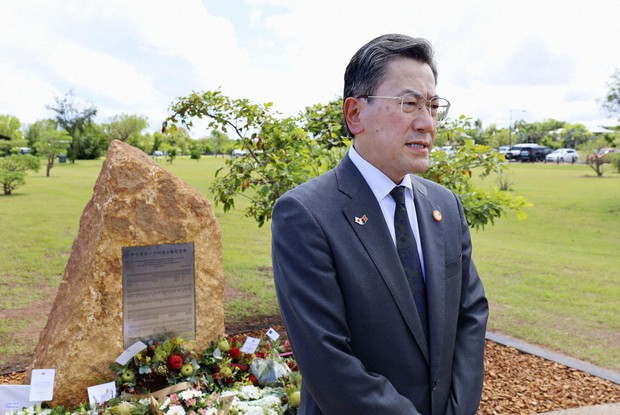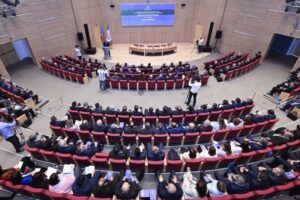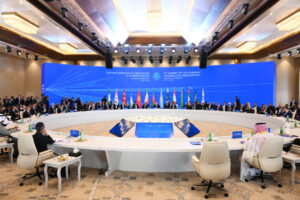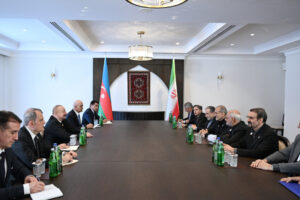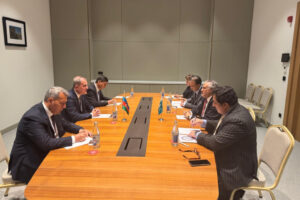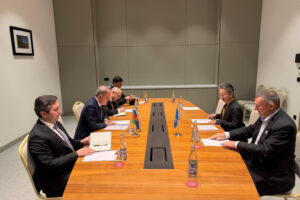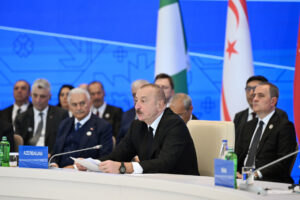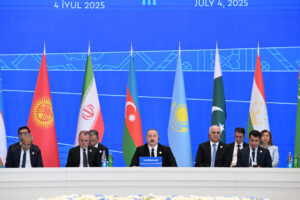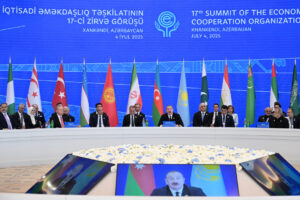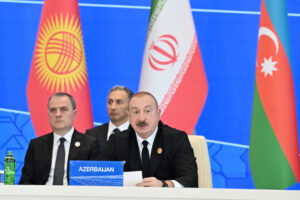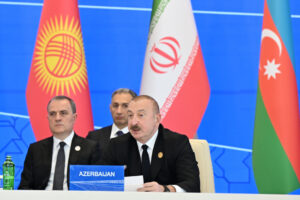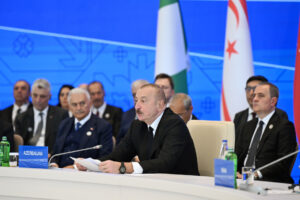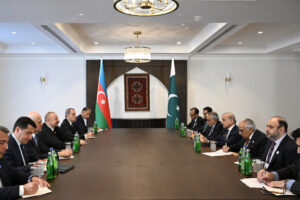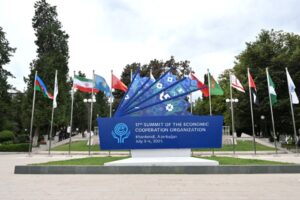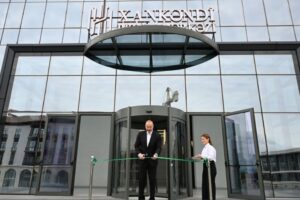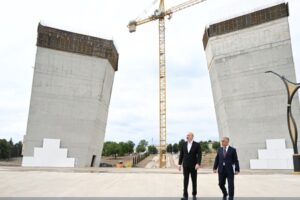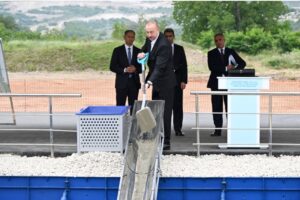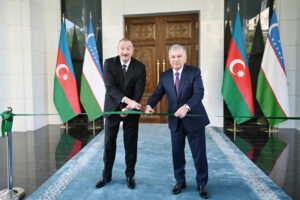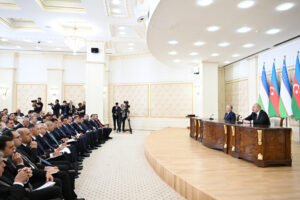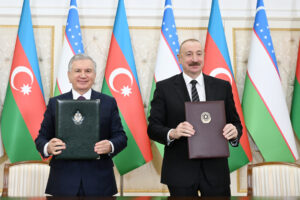Tokyo, 19 February, /AJMEDIA/
The northern Australian city of Darwin on Saturday marked the 80th anniversary of a Japanese air raid that killed hundreds during World War II.
The bombing of Darwin on Feb. 19, 1942, the first attack by Japanese forces on the Australian mainland, killed at least 235 people and destroyed 30 aircraft and nine ships.
“Eighty years ago, Australia and Japan faced off across a seemingly unbreachable divide,” said Lord Mayor of Darwin Kon Vatskalis on the eve of the anniversary. “But time, good sense, and an improved appreciation, of not just our differences, but our similarities have healed those old wounds.”
Darwin’s strategic location on Australia’s northern edge, close to present-day Indonesia, along with a major military buildup since the mid-1930s made it a prime target for Japanese forces during the war.
The air attacks across northern Australia, centering on the Northern Territory, continued until November 1943, by which time the Japanese had raided Darwin at least 64 times.
The sinking of the Japanese submarine I-124 about a month before the air raid was also commemorated on Friday with the unveiling of a new plaque at the existing memorial site overlooking Casuarina Beach, near the location of the submarine’s resting place on the seafloor.
The plaque lists the names of all 80 crew who died when the submarine was sunk around 95 kilometers off the Darwin coast while trying to torpedo a U.S. Navy fleet oiler during the war. They remain entombed in the submarine.
“By doing so, we give these men their names, and thus their basic identities back,” said Japanese Ambassador to Australia Shingo Yamagami. The envoy told reporters after offering flowers at the new plaque that he looked back on the “footprints of postwar reconciliation and peace” between Japan and Australia.
“All that once divided us has long since been replaced with true friendship. There is only understanding between the Australian and Japanese people, an understanding that cannot be shaken,” said Northern Territory Chief Minister Michael Gunner.
The plaque, a joint effort of the Embassy of Japan, the Northern Territory government and the Australian-Japanese Association of the Northern Territory, joins at the site an existing memorial plaque and commemorative Pongamia tree, a healing plant native to both Japan and Australia, planted to promote peace between the two countries.

